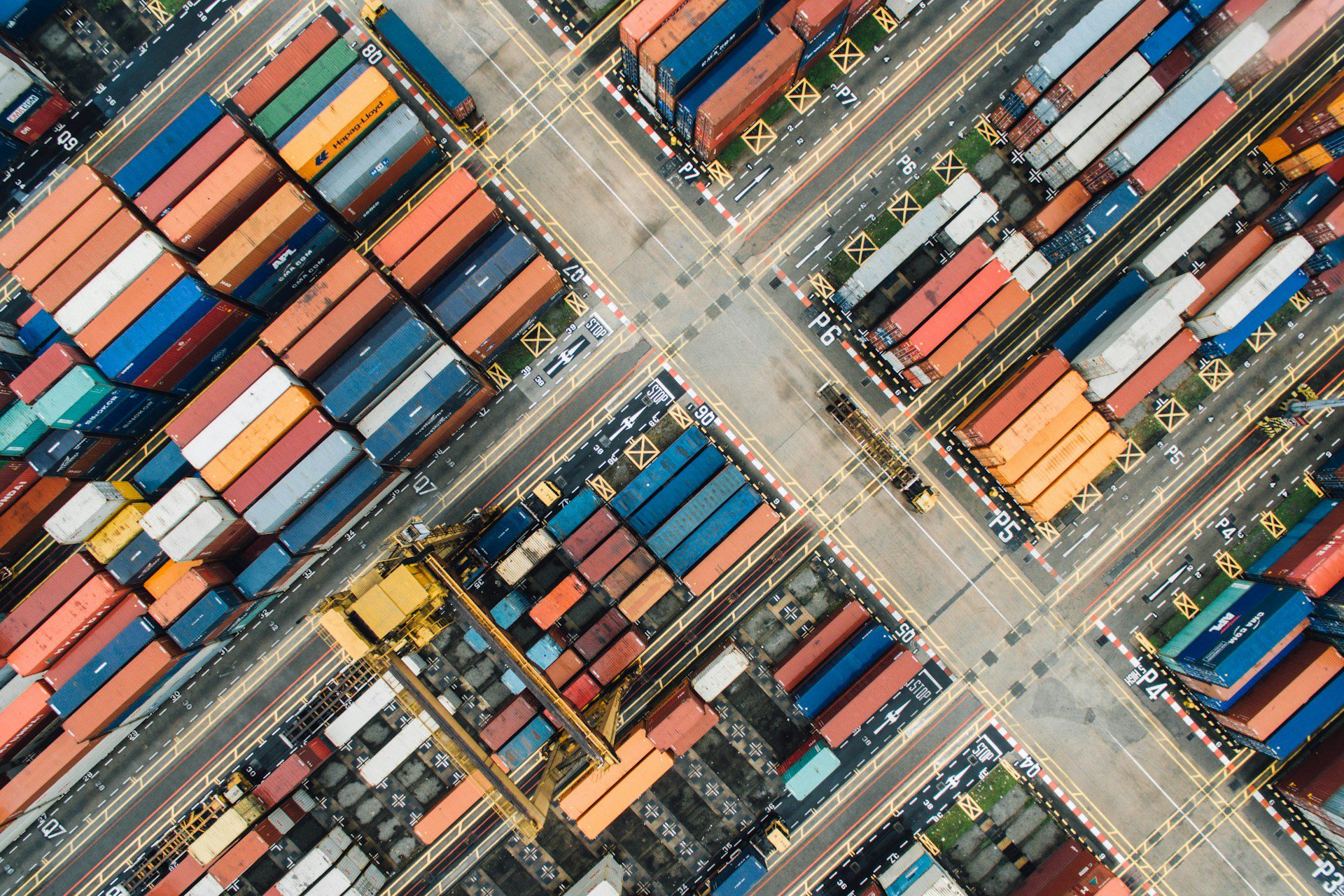
Global Car Supply Chains Entangled With Abuses in Xinjiang, Report Says
A new report on the auto industry cites extensive links to Xinjiang, where the U.S. government now presumes goods are made with forced labor.
The global auto industry remains heavily exposed to the Xinjiang region of China for raw materials, components and other supplies, a new report has found, despite a recent U.S. law intended to restrict purchases from the area, where the Chinese government has committed human rights abuses against mostly Muslim minorities.
The report, from a team of researchers led by Laura T. Murphy, a professor of human rights and contemporary slavery at Britain’s Sheffield Hallam University, details the links between Chinese companies with deep ties to Xinjiang and the automakers that use their supplies, such as metals, batteries, wiring and wheels.
The report identifies major Chinese companies that the researchers determined have participated in coercive labor programs in Xinjiang, or have recently sourced their materials and products from the region, where China has engaged in mass internment of Uyghurs and other minorities. Those Chinese firms are major participants in the global supply chain for auto parts, the report says, raising the likelihood that automakers like Volkswagen, Honda, Ford Motor, General Motors, Mercedes-Benz Group, Toyota and Tesla have sold cars containing raw materials or components that have at some point touched Xinjiang.
“There was no part of the car we researched that was untainted by Uyghur forced labor,” Dr. Murphy said. “It’s an industrywide problem.”
Such links could pose serious problems for the international auto brands. The Biden administration, like the Trump administration before it, has taken an increasingly aggressive posture toward Chinese trade violations and imports of goods made with forced labor, which the United Nations estimates affects 28 million people worldwide.
Under the Uyghur Forced Labor Prevention Act, products made wholly or partly in Xinjiang are now assumed to have been produced with forced labor, making them vulnerable to seizure by the federal government if they are brought into the United States. Customs officials say that since the law went into effect in June, they have stopped roughly 2,200 shipments — valued at more than $728 million — that were suspected of having Xinjiang content. More than 300 of those products were ultimately released into the United States.
